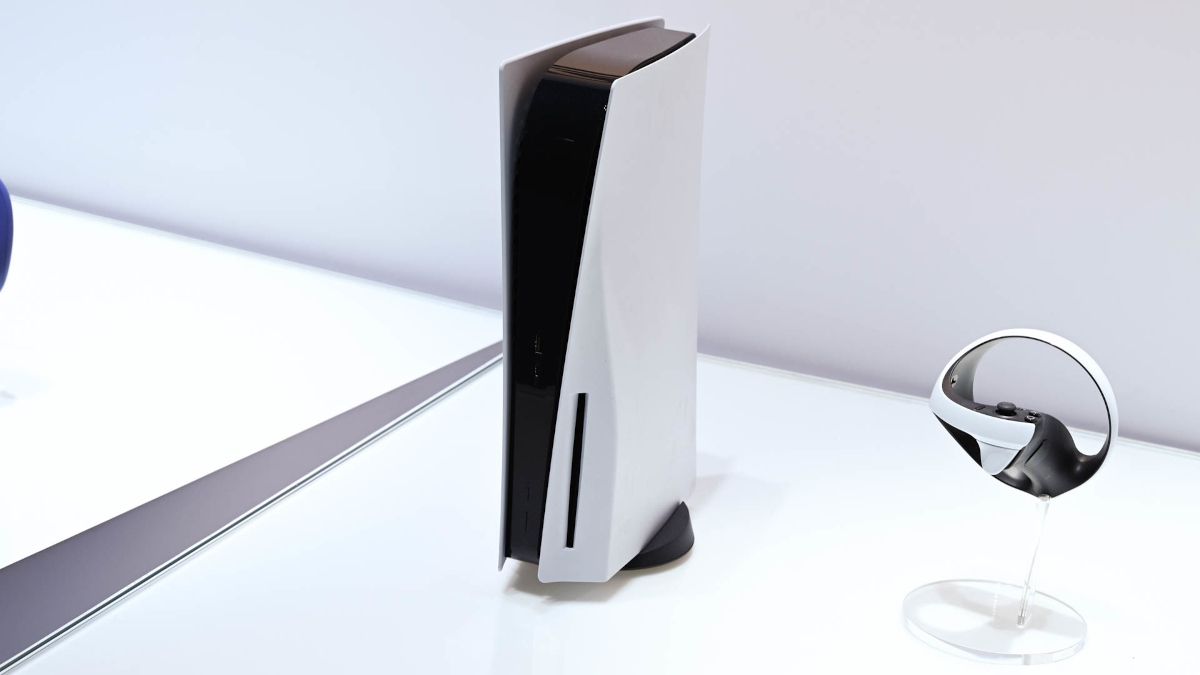Quick Links
Both Sony and Microsoft now sell first-party games for $70, and many triple-A third-party developers are likely to follow suit. This isn't welcome news for gamers during tough economic times, but do you actually have to pay that much for games?
Be Patient, Pay Less
Games may list for $70 on the day they release, but the first discounts or price drops for digital copies are likely only a few months away. If you can deal with the FOMO (Fear Of Missing Out) and wait a little, you'll likely pick the game up for much less than the initial asking price.
In many cases, the first small price drop happens in mere weeks, especially if the release is near one of the big annual sales that happen on platforms like Steam, or the console digital storefronts.
Physical Games Often Go on Sale Too
While physical games may eventually go the way of the dinosaurs on current-generation consoles, they're still with us and offer potential savings. While the digital versions of $70 will sell for that, retailers may decide to knock a few dollars off the price to entice gamers to buy from them instead.
Whether it's from a brick-and-mortar store, or an online retailer selling physical games, you may find that there's always someone willing to take a small cut to their profit margin to divert sales to their store. So why not take them up on the offer and get your games for less?
Used Games Are Still a Great Value
While physical games are still with us on consoles, it's still possible to sell your old games and buy used copies for a discount compared to a new shrink-wrapped box. Game publishers have tried a few ways to discourage used game sales, including single-use codes for downloads in the box that you'll have to pay for again if you buy a used copy.
Thankfully this is rare, so in almost all cases, you'll get all the same content in a used copy of a game as you would buying a new copy. For big-name single-player games, you can expect used copies to hit shelves a few days after the game first comes out. This happens as players try to sell or trade the game immediately after finishing it to get the bulk of their money back.
The closer to release, you buy a used copy, the higher the price, but it's still likely to be significantly lower than the $70 recommended retail price.
Subscription Services Also Bring Discounts
We live in the age of game subscription services such as PlayStation Plus and Game Pass for PC or Xbox. Like streaming video services, you pay a monthly fee and get access to a library of games. Some games may be permanent fixtures, and others rotate on a regular basis.
Game Pass in particular is an interesting example, because all of Microsoft's first-party games are permanently available (with a few legacy delistings excepted) and can be played on launch day. So, in effect, if a new Halo or Forza is released with a price tag of $70, no one has a reason to pay that much. If you already have a Game Pass subscription, you can simply play the games. If you don't, then it's a nominal amount to buy a month's worth of the service and finish the game.
Even if you do want to own the game, you can get a 20% discount for any game that's currently on Game Pass by being a subscriber. Games that release day-and-date may only get this discount after a set period to prevent people from subscribing just for the discount, but you'll both get to play the game immediately and get access to that discounted purchase price sooner rather than later.
With PlayStation Plus things don't currently quite work like that, but there are plenty of first-party games on the service that still retail for the new higher price when there's no sale going on. PlayStation Plus also regularly offers deep members-only discounts.
Even though Nintendo hasn't yet joined the $70 first-party game club, you get access to the discount ticket offer if you subscribe to Nintendo Online. Here you pay a fixed amount for digital vouchers that can be exchanged for any games on a curated list. These are mainly first- and second-party Nintendo games, and you'll get a decent guaranteed discount if you pick your games wisely. Perhaps most importantly, you can save your tickets for a while (they do expire) and use them to buy future games regardless of their launch price.
It's Cheaper on a PC
While the $70 launch price has taken hold of current-generation console gaming, in the world of PC few games have dared to launch with this price, and even $60 is an amount rarely anyone actually pays.
Thanks to the open and competitive market that exists in the PC world, you can choose between numerous digital retailers when a new game launches, and so you'll almost certainly find a copy below retail. Prices for games drop rapidly on PC, and there's almost always a sale going on, so wishlist the games you want and wait for that email alert to let you know it's now going for a song.

